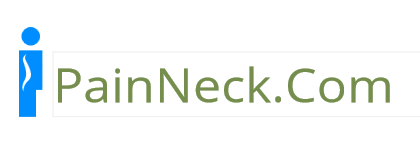Neck Pain – Is it a Heart Attack?
 Neck pain, shoulder pain, chest pain… is it a heart attack? Those who have suffered a myocardial infarction (MI) often describe a range of sensations that include these kinds of pain, along with general discomfort and a tightness, pressure, heaviness, or even a crushing sensation in the middle of the chest. So how can you tell if it’s a heart attack, neck pain from a pinched nerve, muscle strain from using your smartphone too frequently, or simply indigestion? Can neck pain be an early warning sign of a heart attack even months in advance of one occurring? Read more
Neck pain, shoulder pain, chest pain… is it a heart attack? Those who have suffered a myocardial infarction (MI) often describe a range of sensations that include these kinds of pain, along with general discomfort and a tightness, pressure, heaviness, or even a crushing sensation in the middle of the chest. So how can you tell if it’s a heart attack, neck pain from a pinched nerve, muscle strain from using your smartphone too frequently, or simply indigestion? Can neck pain be an early warning sign of a heart attack even months in advance of one occurring? Read more


 A
A  Oftentimes, a
Oftentimes, a 